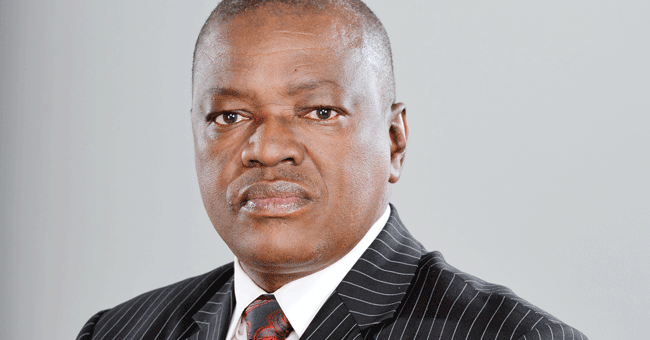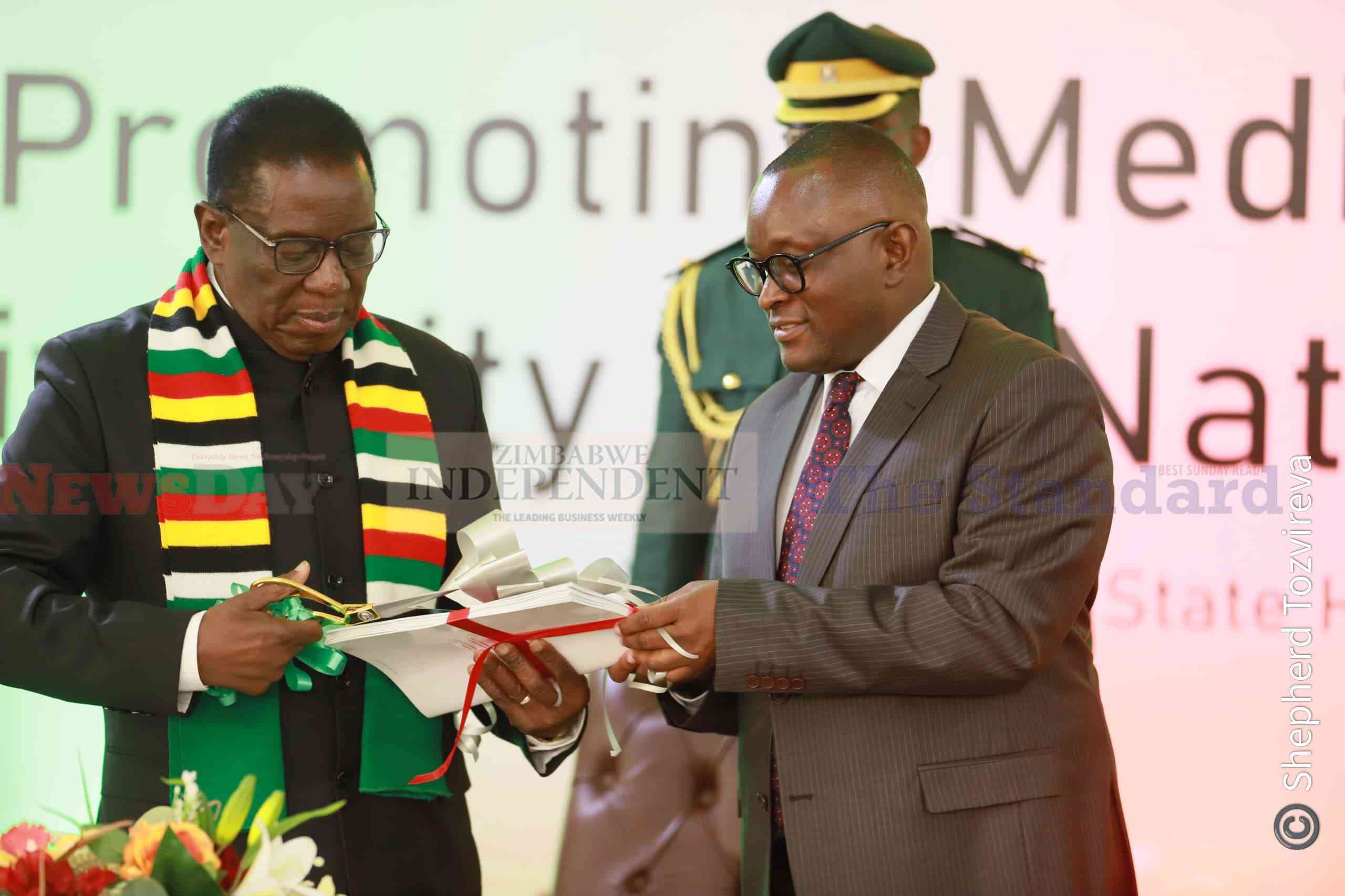
The $95-million credit line to Zimbabwe is earmarked for the private sector and revival of struggling industries.
Although this is a drop in the ocean to what Zimbabwe requires for total recovery, Botswana’s offer of credit could restore confidence in the southern African country.
Botswana President Mokgweetsi Masisi, who was in Zimbabwe for a two-day bi-national summit, said on Thursday that his country had increased the credit facility from 600 million Botswana pula to a billion pula.
It’s rare for an African country to offer a bailout, as most nations on the continent are highly dependent on borrowing from international money-lending institutions like the International Monetary Fund.
Zimbabwe is in dire need of credit line facilities to revive its strangled economy that has fallen apart over the past 20 years.
It is estimated that Zimbabwe needs in excess of $10 billion for total economic recovery — but owing to the country’s low credit worthiness and policy inconsistency, it has trouble securing credit.
Benefits to be derived from Botswana credit facility
Botswana is highly dependent on diamonds for its economy, but is seeking to diversify through industrialisation.
- Chamisa under fire over US$120K donation
- Mavhunga puts DeMbare into Chibuku quarterfinals
- Pension funds bet on Cabora Bassa oilfields
- Councils defy govt fire tender directive
Keep Reading
In Zimbabwe, local companies which have been suffering from lack of working capital could also benefit and recover.
Zimbabwe industrialists are looking at capitalising from Botswana’s wide market base.
In an interview with DW, Confederation of Zimbabwe Industries president Sifelani Jabangwe said Botswana’s credit facility offer would be beneficial to both countries.
“This is a change of mindset. We needed not to go far away to look for investment and bailout.
The combination of the best of the two countries, Zimbabwe and Botswana, will create a strong bloc that can compete within the region,” said Jabangwe.
The Botswana credit facility to Zimbabwe will depend on the conclusion of a bilateral investment protection agreement between the two countries.
However, the money is not coming from the coffers of Botswana’s government. Rather it’s private financial institutions who will be extending credit to Zimbabwean private sector businesses. The two governments will guarantee the loans.
Zimbabwe currency inconsistencies a hurdle
However, lack of a local currency in Zimbabwe could affect the extended credit facility.
Zimbabwe has been struggling to lock down inflation forcing it to adopt a floating currency such as the recently introduced real time gross settlement (ZWR) dollar.
The ZWR is an electronic currency trading against the US dollar and other currencies but has little value and cannot be used outside Zimbabwe.
Though some view it as a progressive move to introduce such a measure, investors are still struggling to take out their profits from Zimbabwe.
Building Africa integrated lending capacity
Economic experts say the credit extension by Botswana will work to reduce Zimbabwe’s risk perception if implemented correctly.
Regional and international companies have stayed away from Zimbabwe fearing the economy’s volatility.
Zimbabwean economist Vince Musewe says Botswana’s gesture is what African countries should do to cut over-dependence on international lending institutions.
“Africa should build savings and have integrated capital markets that can be able to lend support within the continent. This is the route that we should take to cut off over -dependence on aid,” he told DW.
Musewe says trade between African countries is a key issue towards developing Africa and that countries should take advantage of a huge market base derived from the continent’s one billion population.
“For too long we have been consumers of imported goods. Africa can therefore only have stronger economies if they promote trade among themselves.
DW











